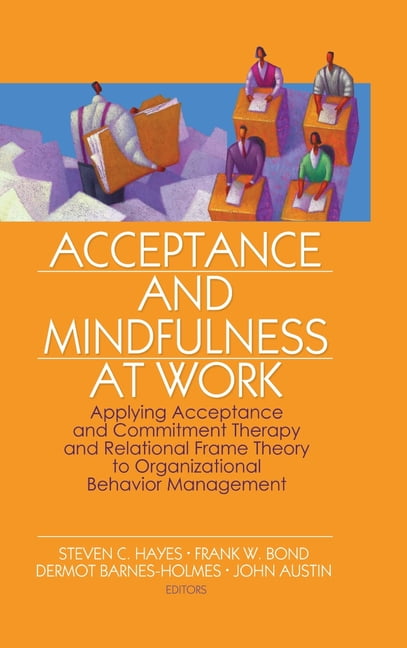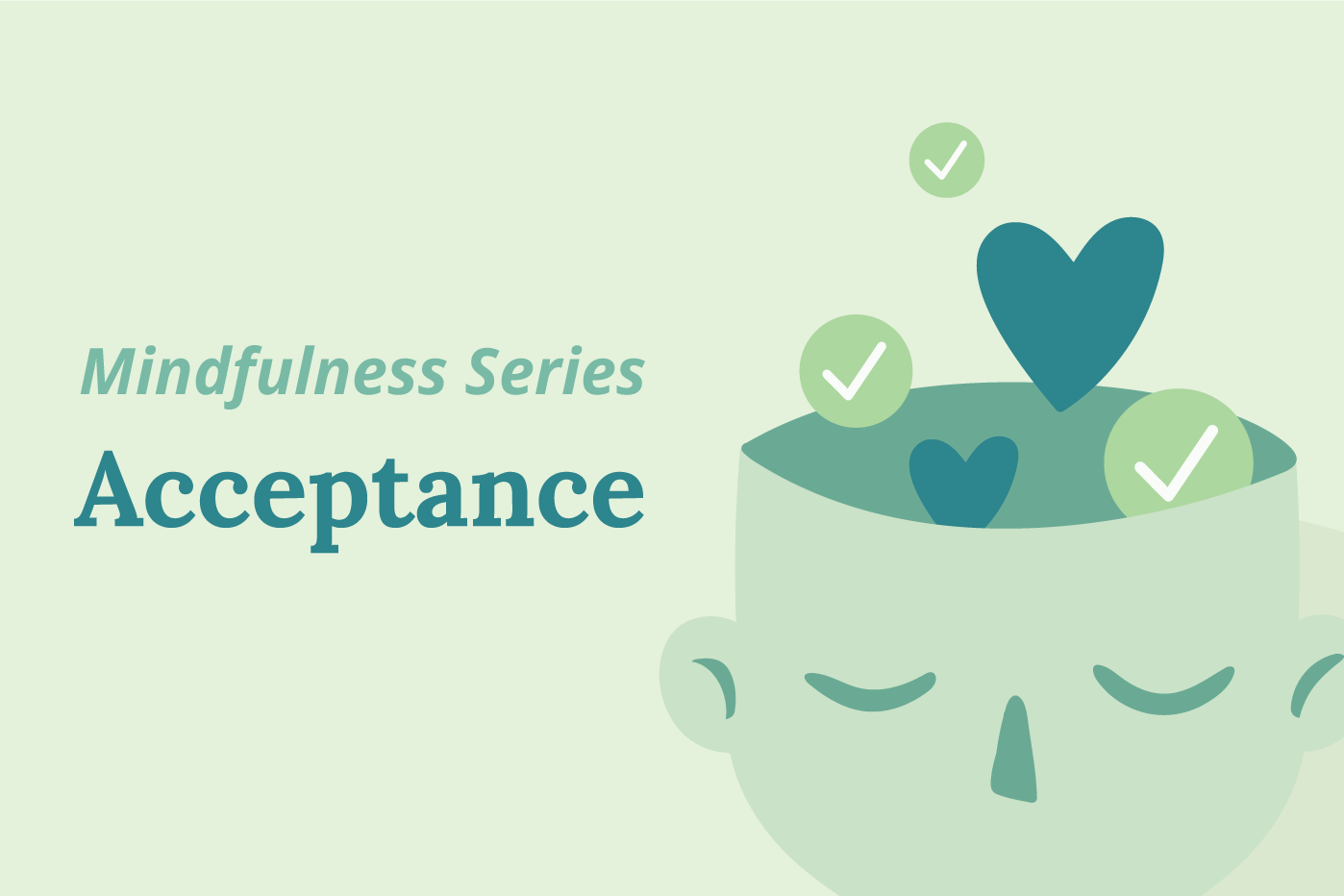Acceptance And Mindfulness At Work

In today's fast-paced and often stressful work environments, a growing number of organizations are turning to acceptance and mindfulness practices as tools to enhance employee well-being and boost productivity. These approaches, rooted in psychological principles, aim to help individuals manage challenging emotions and thoughts more effectively, fostering a more resilient and engaged workforce.
This shift acknowledges the increasing recognition that emotional intelligence and mental well-being are not just personal concerns, but crucial factors impacting organizational performance. Programs centered on acceptance and mindfulness are being implemented across various sectors, from tech startups to large corporations, signaling a potential paradigm shift in workplace culture.
What is Acceptance and Mindfulness at Work?
At its core, acceptance and mindfulness at work involve cultivating a non-judgmental awareness of present-moment experiences, including thoughts, feelings, and bodily sensations. It's not about suppressing or ignoring difficult emotions, but rather observing them with curiosity and allowing them to pass without getting caught up in them. Acceptance and Commitment Therapy (ACT) is a popular therapeutic approach often used as a framework for these programs.
Mindfulness practices, such as meditation and mindful breathing, are often incorporated to train attention and cultivate present-moment awareness. These techniques can help employees better manage stress, improve focus, and enhance their ability to respond to challenges with greater equanimity.
Acceptance, in this context, refers to acknowledging and making room for difficult thoughts and feelings without struggling against them. This can lead to a greater sense of psychological flexibility, allowing individuals to adapt more effectively to changing circumstances and navigate workplace challenges with greater resilience.
The Rise of Mindfulness Programs
The increasing prevalence of mindfulness programs in the workplace reflects a growing awareness of the human cost of chronic stress and burnout. Studies by the American Psychological Association (APA) have consistently highlighted the negative impact of workplace stress on both employee well-being and organizational productivity.
Many organizations are implementing mindfulness training programs led by qualified instructors. These programs often include workshops, online resources, and guided meditation sessions.
Some companies are even incorporating mindfulness into their physical work environments, creating dedicated meditation spaces or promoting mindful movement breaks throughout the day.
Benefits and Impact
The potential benefits of acceptance and mindfulness at work are wide-ranging. Research suggests that these practices can reduce stress and anxiety, improve focus and concentration, enhance emotional regulation, and foster greater self-awareness.
Improved employee well-being can lead to increased job satisfaction, reduced absenteeism, and higher levels of productivity. A more mindful and accepting workplace can also foster better communication, collaboration, and teamwork.
Furthermore, acceptance and mindfulness can help employees develop greater resilience in the face of adversity. By learning to navigate difficult emotions and thoughts more effectively, individuals can bounce back from setbacks more quickly and maintain a more positive outlook.
Challenges and Considerations
Despite the potential benefits, implementing acceptance and mindfulness programs in the workplace also presents some challenges. Not all employees are receptive to these practices, and some may be skeptical about their effectiveness.
It's crucial for organizations to approach these programs with sensitivity and respect, ensuring that participation is voluntary and that employees feel comfortable exploring these concepts. Training instructors should be qualified and experienced in both mindfulness practices and workplace dynamics.
Moreover, it's important to avoid promoting mindfulness as a quick fix for deeper systemic issues within the organization. Mindfulness can be a valuable tool for individual well-being, but it's not a substitute for addressing underlying problems such as excessive workload, poor management practices, or lack of support.
Looking Ahead
As the evidence supporting the benefits of acceptance and mindfulness at work continues to grow, it is likely that more organizations will adopt these practices in the coming years. The key will be to implement these programs thoughtfully and strategically, taking into account the specific needs and culture of the organization.
The trend toward integrating mindfulness and acceptance into the workplace reflects a broader societal shift toward prioritizing mental well-being and emotional intelligence. By investing in the well-being of their employees, organizations can create a more sustainable and thriving work environment for all.
Dr. Sarah Chen, a leading researcher in workplace psychology, emphasizes that "mindfulness and acceptance are not just about individual well-being, but about creating a more compassionate and resilient organizational culture." The future of work may well be one where acceptance and mindfulness are not just buzzwords, but integral components of a healthy and productive workplace.


















